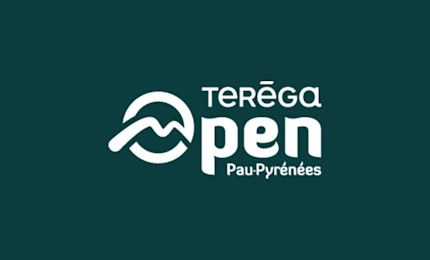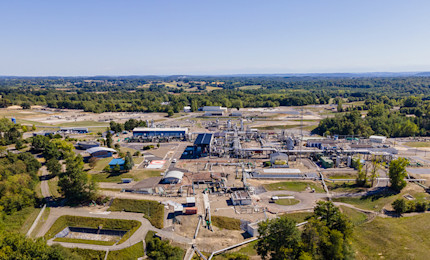Urgence gaz 0 800 028 800
Vous êtes

Le 25 févr. 2021
Teréga and the UPPA are to cement their ongoing research and innovation partnership through the creation of a shared laboratory
Laurent Bordes, President of the University of Pau and the Pays de l’Adour (UPPA), and Dominique Mockly, Chairman and General Manager of Teréga, have announced the creation of a shared research laboratory to be known as SEnGA (from the French for Storage of Gas Energy in Aquifers), recognised by the I-SITE (Initiatives – Sciences - Regional Innovations - Economics) excellence project, the aim of which is to encourage the international visibility of
university sites.
As longstanding partners, the two regionally committed actors hope to turn this organisation into an innovative and competitive tool in the field of energy transition, linked to the storage of gas in geological reservoirs, by 2025.








